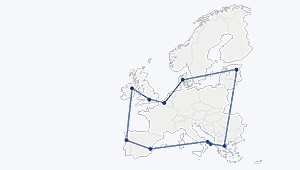
Manufacturing and selling big items requires big spaces as factories and large showrooms. During the prosperity years of manufacturing sector in Europe, wood industry dependent cities have witnessed a pop-up of such buildings along the main road axis and suburbs, strongly making urban development. Nowadays the rapid transformation of these sectors led to the abandon of most of these, leaving a giant urban footprint that is a serious challenge to cities that have inherited it and a warning to others.
Wood FootPrint, under the banner of URBACT, aims to respond to the challenge to reactivate the economies of participant cities, whose main economic activity is the furniture industry and have suffered as a consequence of the economic crisis and the impact of globalisation.
One of the main benefits of the programme "Wood FootPrint" is to offer different tools and policies that will strengthen the furniture sector, but at the same time offer economic diversification by sharing successful methods in sustainable sectors.
The project partners include 10 partners from 9 EU countries.
Wood FootPrint, under the banner of URBACT, aims to respond to the challenge to reactivate the economies of participant cities, whose main economic activity is the furniture industry and have suffered as a consequence of the economic crisis and the impact of globalisation.
One of the main benefits of the programme "Wood FootPrint" is to offer different tools and policies that will strengthen the furniture sector, but at the same time offer economic diversification by sharing successful methods in sustainable sectors.
The project partners include 10 partners from 9 EU countries.
Timeline
2013
Project launch
2015
Project completed
2015
Final Conference: "New Uses for Vacant Industrial and Commercial Buildings in Urban Spaces"
Integrated Action Plans
Within an Action Planning Network, the Integrated Action Plan is a local output, specific to each city. Thus, the local circumstances, as the concrete actions to be carried out in response to the network's sustainable development challenges, are defined by the URBACT Local Group. This core group is composed by a wide range of relevant stakeholders, who have a stake in the addressed challenge and who play an active role in co-designing the plan alongside the project partner. This document is the result of the interplay between the theme, each city's starting point and its individual URBACT journey. It highlights the positive learning experience cities have undertaken, both from a local and a transnational perspective.
-
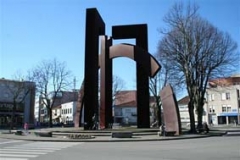 Paços De Ferreira
Paços De Ferreira -
 Yecla
Yecla -
 Lecce
Lecce -
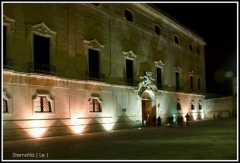 Sternatia
Sternatia -
 Larissa
Larissa -
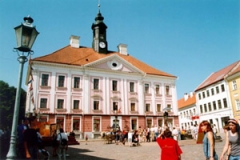 Tartu
Tartu -
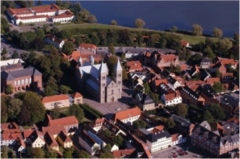 Viborg
Viborg -
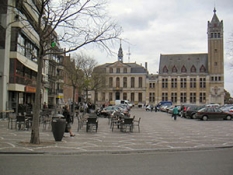 Roesalare
Roesalare -
High Wycombe
-
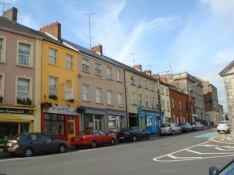 Monaghan
Monaghan

